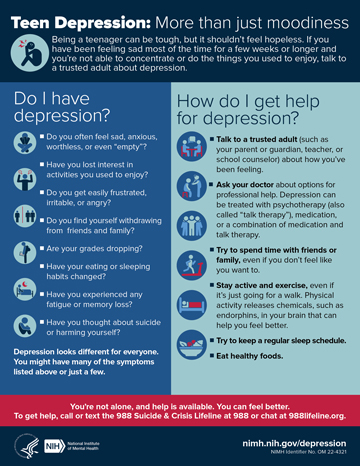
Strategies That Work: A Parent’s Guide to ADHD at School [downloadable]
For most students, the 2021-22 academic year will be starting in-person, and won’t feel like last year — but it will still feel different from years past. Despite so many unknowns on the horizon, there are challenges you can anticipate. Read more >>











